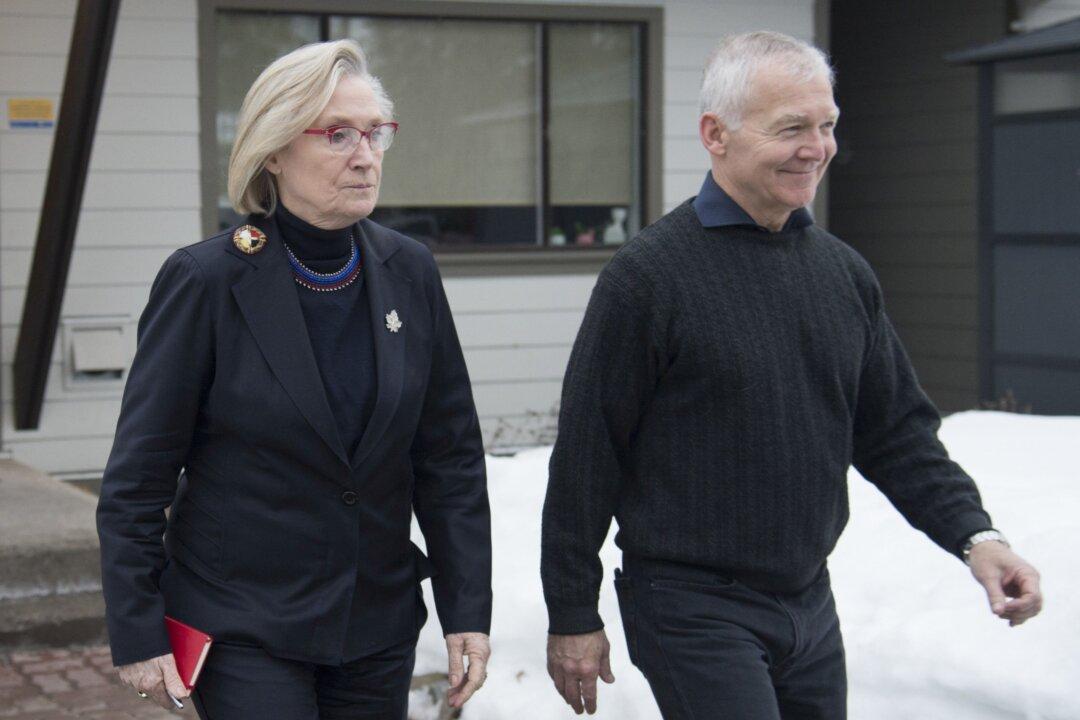SMITHERS, B.C.—A Wet’suwet'en hereditary chief and senior government ministers say they have reached a proposed arrangement in a pipeline dispute that has prompted solidarity protests across Canada in recent weeks.
Federal Crown-Indigenous Relations Minister Carolyn Bennett and British Columbia Indigenous Relations Minister Scott Fraser would not give details on the proposal, saying it first has to be reviewed by the Wet’suwet'en people.





